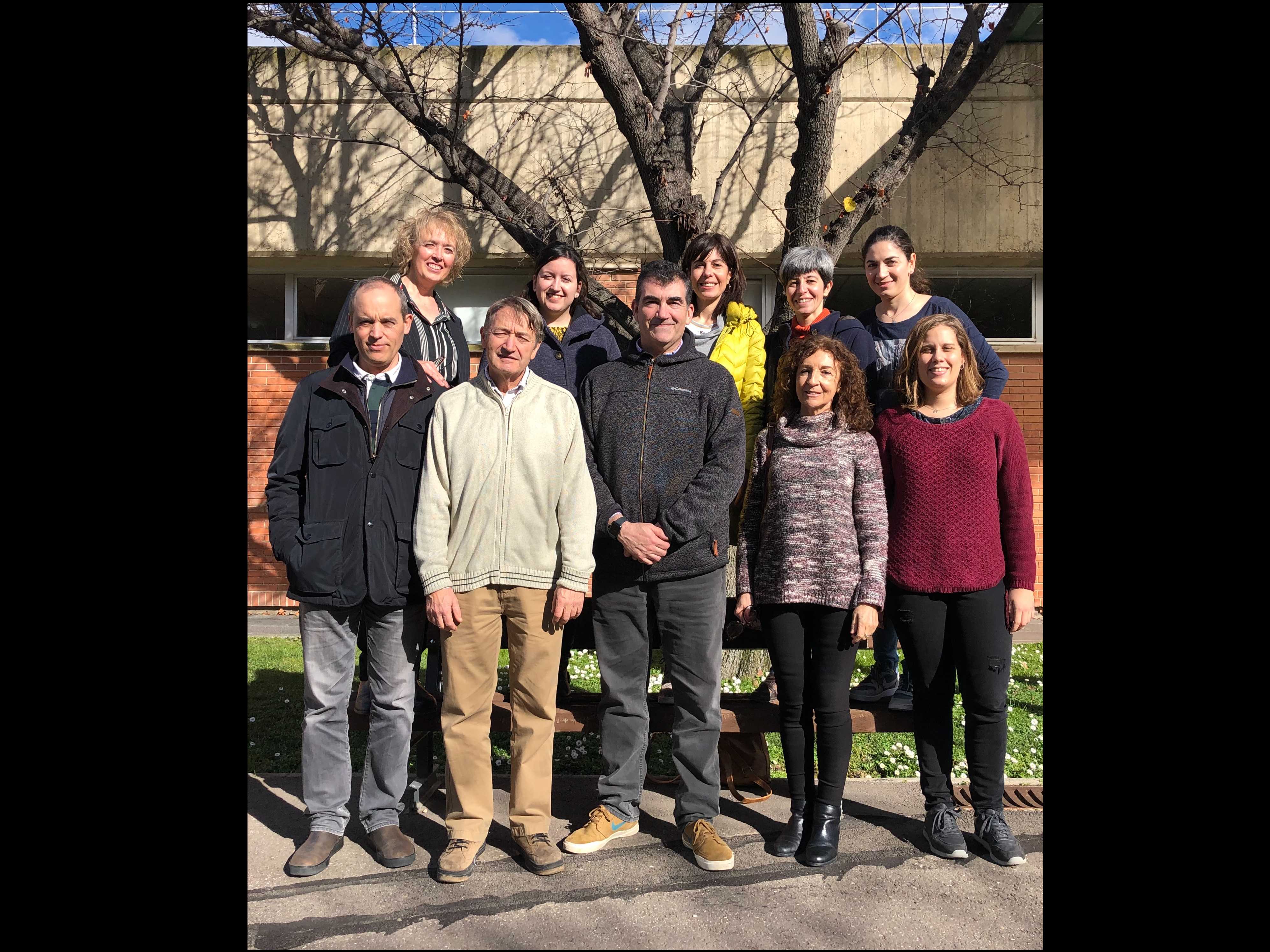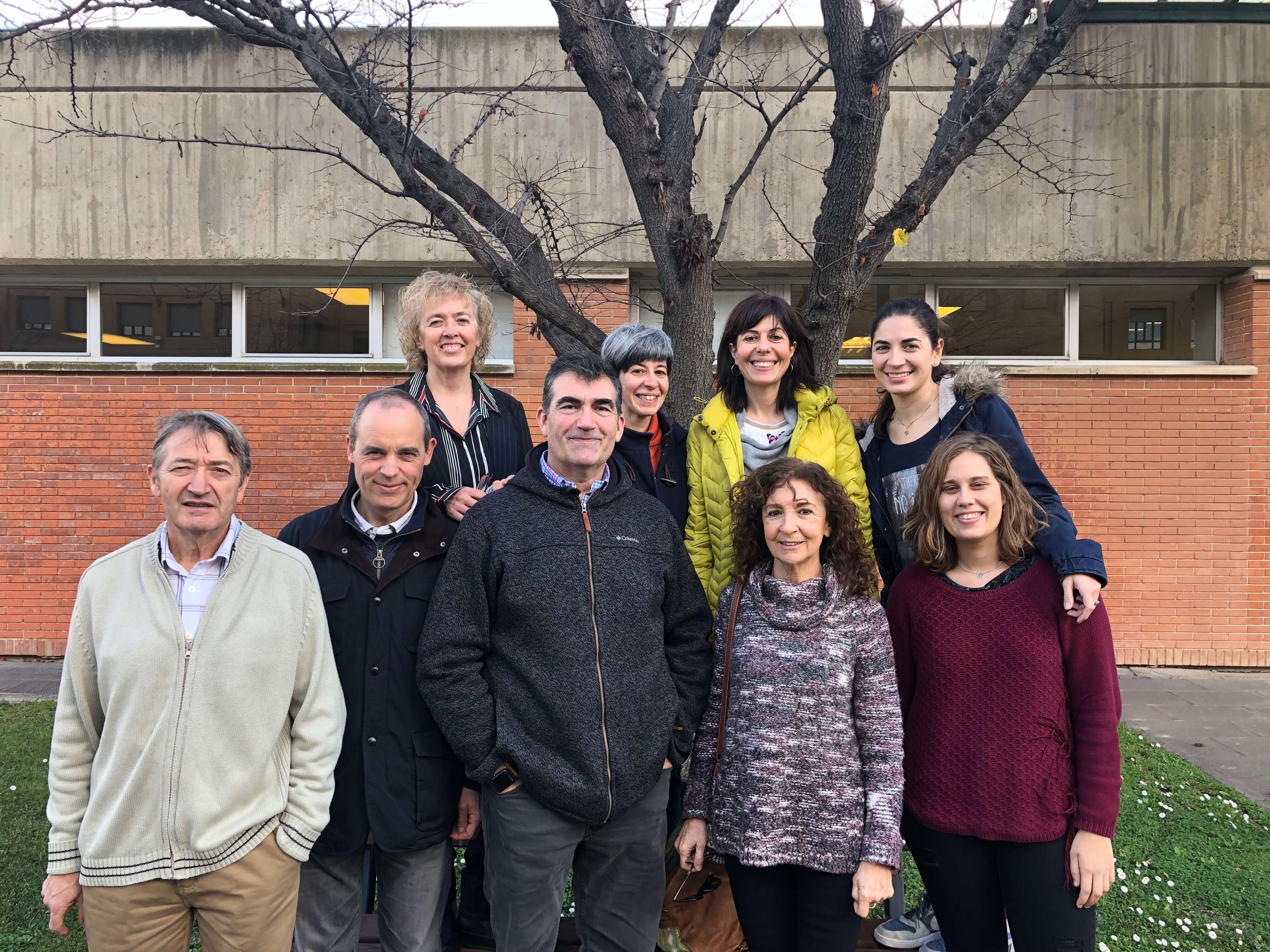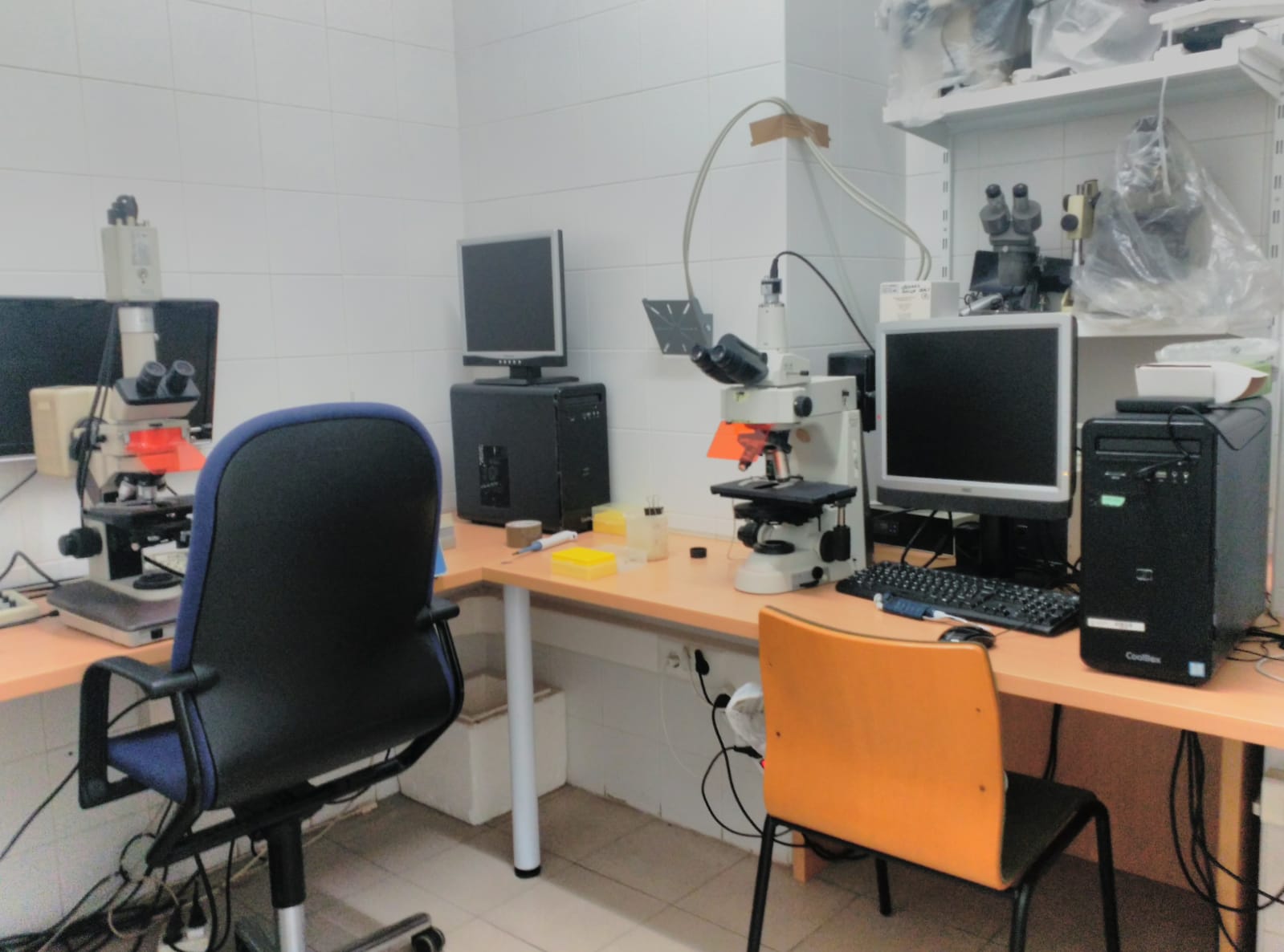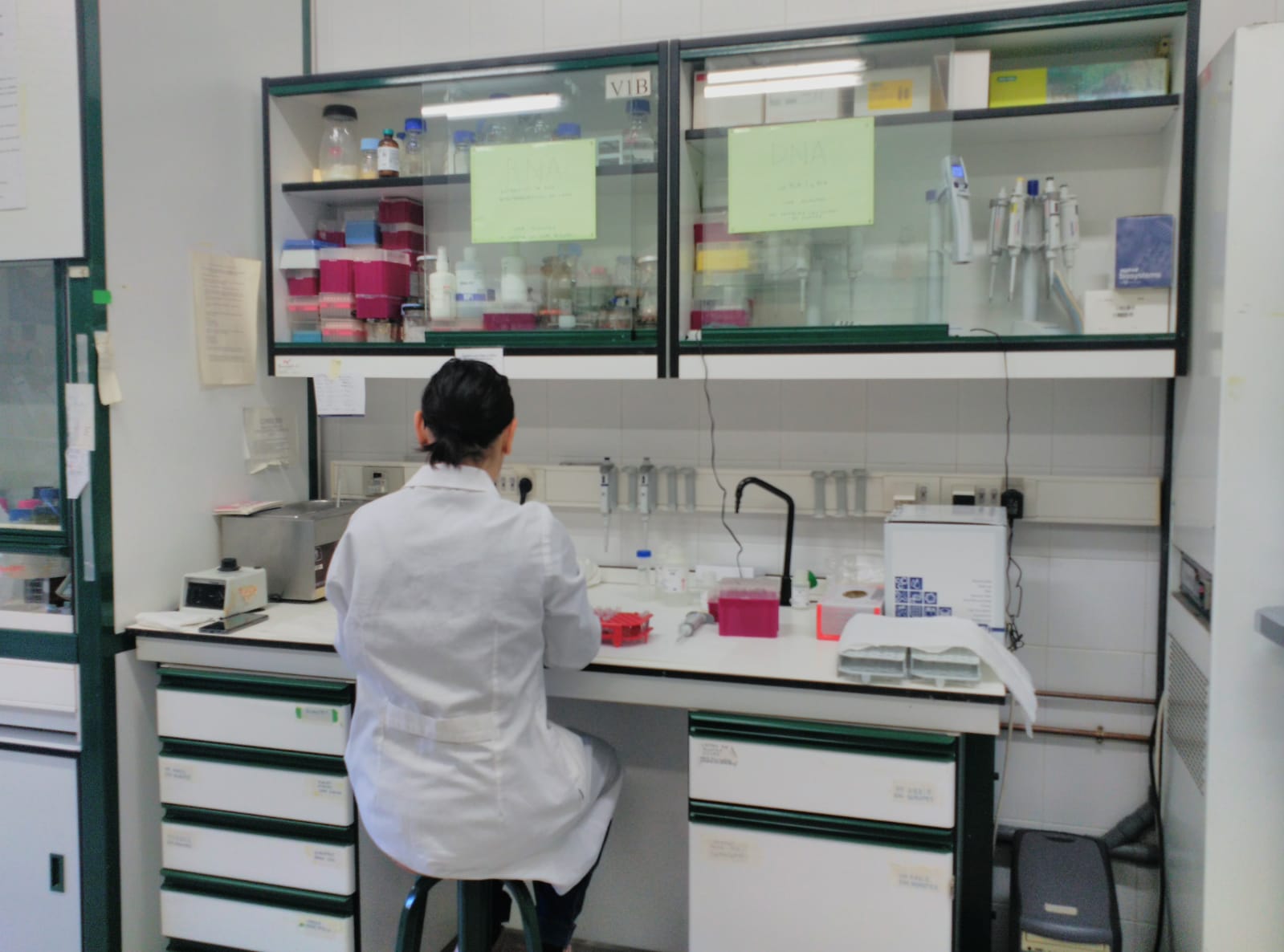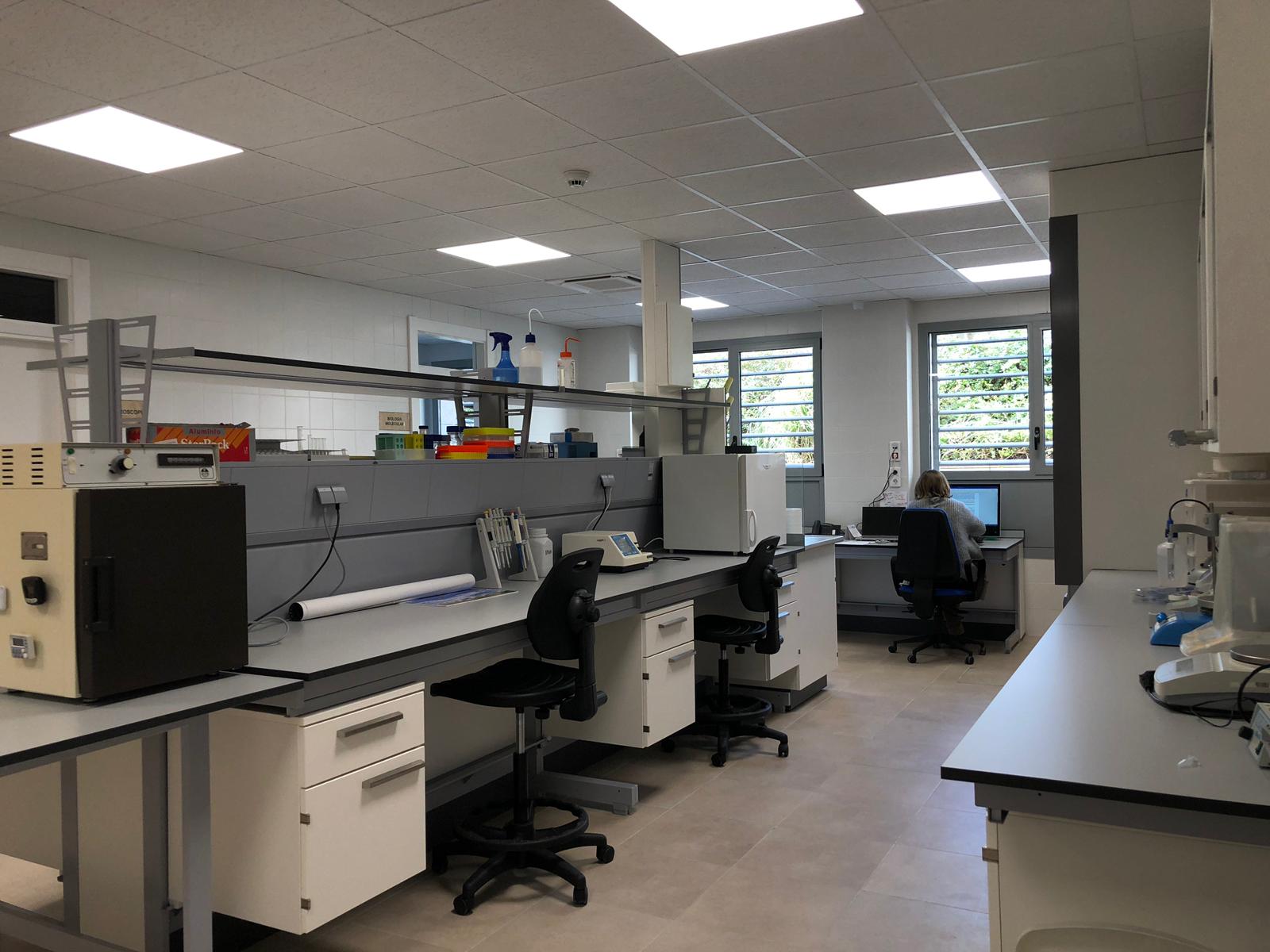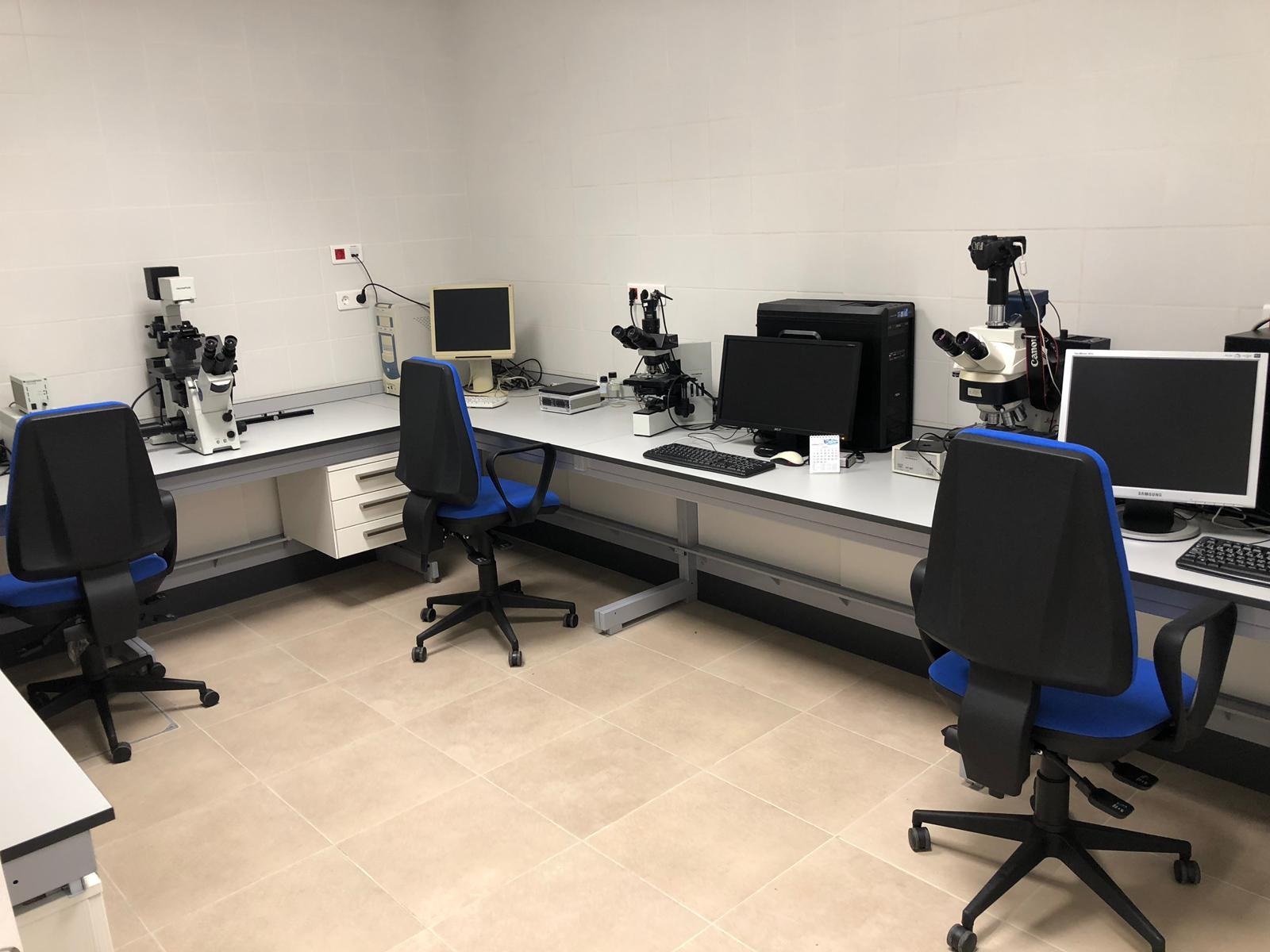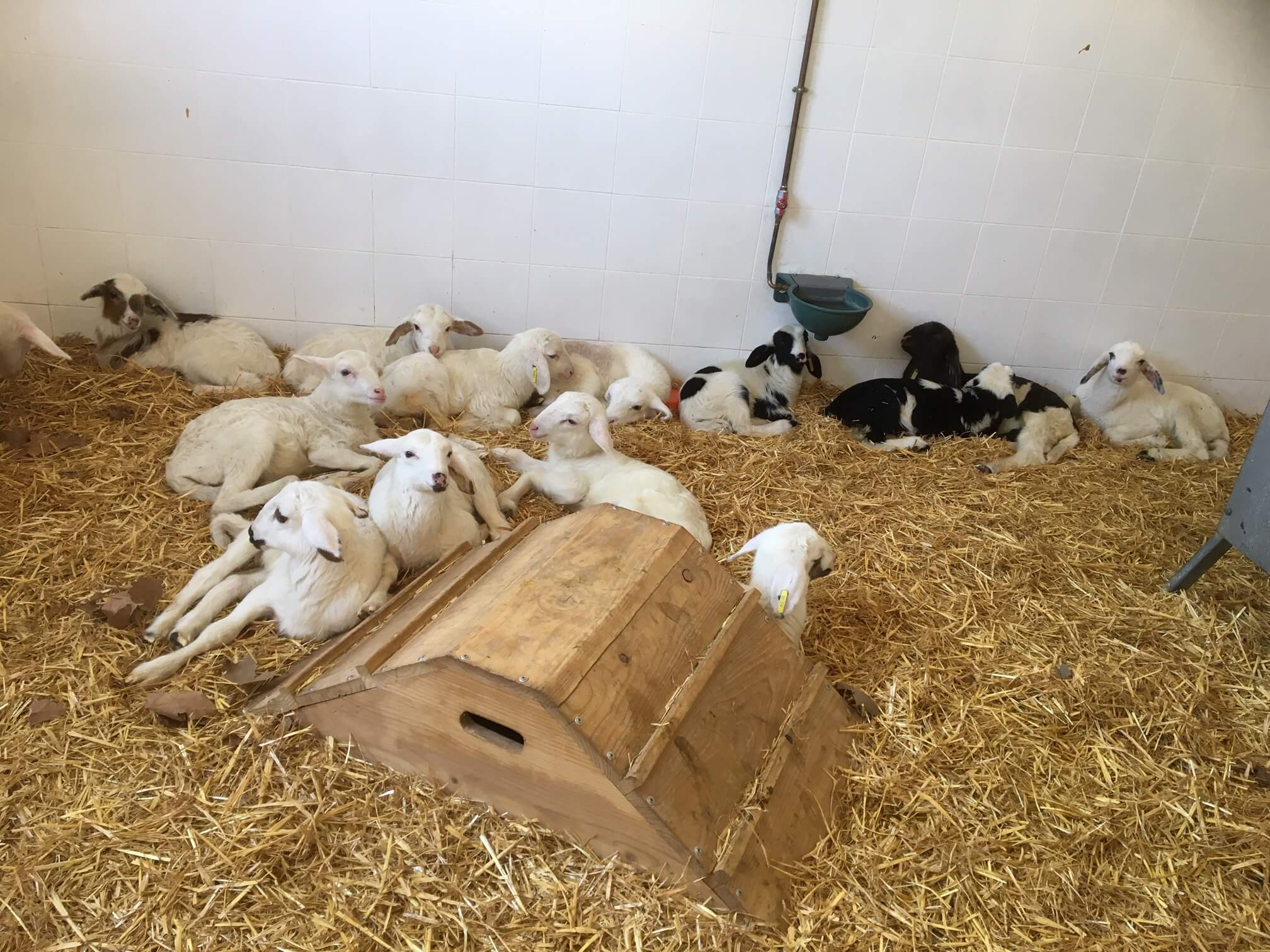Presentation
BIOFITER is a multidisciplinary group that focuses on improving the reproductive efficiency of domestic and wild species of animals, enhancing the viability of animal husbandry through gains in reproductive efficiency.
The team carries out studies of a basic and applied orientation in the fields of cellular and molecular biology and animal production. The studies undertaken by the group contribute new insights on the role of extensive livestock farming in the maintenance of biodiversity, and, in the case of bees, their contribution to the pollination of plant species.
The main objective of the group is to develop reproductive and management technologies aimed at achieving sustainable livestock production of the species that are of special interest in the Autonomous Region of Aragon, on the basis of our knowledge of their biology and physiology.
Lines of investigation
- Epidemiological study of the factors that affect reproductive efficiency in ruminants.
- Artificial insemination: basic and applied aspects.
- Improvement in reproductive efficiency and conservation of biodiversity in apiculture.
- Study of the molecular response mechanisms of spermatozoa to the hormones present in the female reproductive tract (steroid hormones and melatonin) in the processes of capacitation and apoptosis.
- Study of the mechanisms of guided movement of spermatozoa in response to various stimuli (primarily chemotaxis) and development of new devices for analysis.
- Development of free software for the analysis of various parameters of semen quality.
- Assessment of the influence of the consumption of diets rich in phytomelatonin on the reproductive parameters and semen quality of the ram.
- Socio-sexual factors in the ovine species.
- Precision livestock farming.
Projects undertaken
The group has had uninterrupted public financing for the last 20 years through Spain’s national research programs.
The most recent projects are the following:
- “The effect of hormones in the female reproductive tract on sperm functionality”
- “Melatonin metabolism in the male genital tract. Implications of this hormone for semen quality and the physiology of spermatozoa”
- “Towards an integrated analysis of sperm quality in cattle and sheep”
- “Towards sustainable reproductive management: the presence of sexually active males as a work tool” (Spanish Ministry of Economy and Competitiveness).
Furthermore, we would highlight the application of reproductive biotechnologies to the conservation and improvement of the Spanish bee and a line of investigation focusing on the development of precision livestock farming.
The group has a number of research contracts with businesses in the sector.
Infrastructure
In Zaragoza (Faculty of Veterinary Medicine):
- Cell separation unit: system of centrifugal countercurrent distribution.
- Flow cytometer
- Fluorescence microscopes
- ODYSSEY system for densitometric analysis by ultraviolet and infrared
- Spectrophotometers
- Reproduction laboratory for IVF and IVM processes
- Computer analysis system for sperm motility
- CO2 incubator
- Thermal cyclers
- Osmometer
- Ultrasound systems
- Programmable biofreezer
- Programmable thermostatically controlled bath
- 1 and 2-D electrophoresis systems
- Chromatographic systems
- Refrigerated centrifuges and ultracentrifuges
- Apparatus for electrophoresis and protein transfer
In Huesca (EPS, Technical College):
- Microscopy laboratory
- Image analysis unit
- CASA system for sperm analysis
- Gamete micromanipulation
- ELISA
- Reproduction laboratory for IVF and IVM processes
- Molecular biology laboratory
Technological Offer/Services
The technological offers of the group are as follows*:
- Consultancy on reproductive management in ruminant and bee farms; consultancy on methods relating to artificial insemination and other reproductive biotechnologies.
- Studies in optical and scanning electron microscopy (SEM) or transmission electron microscopy (TEM).
- Study of semen quality (spermiogram).
- Conservation of fresh and frozen semen.
- Selection of stud animals.
- Studies on precision livestock farming.
* The technological offer detailed above is not offered as services strictly speaking of the University of Zaragoza
Noticias del Grupo
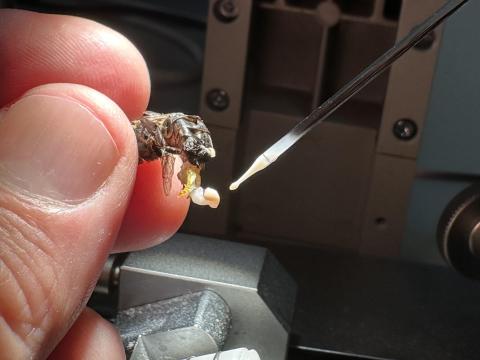
The Huesca Campus leads efforts to preserve the genetic material of European honey bees
(Huesca, July 3, 2025) The Huesca Campus of the University of Zaragoza (Unizar) is coordinating, within the BeeGuards project, the preservation of the genetic material of European honey bees with the aim of conserving the biodiversity of this species and helping to address the growing challenges faced by beekeeping. Germplasm bank managers from six countries […].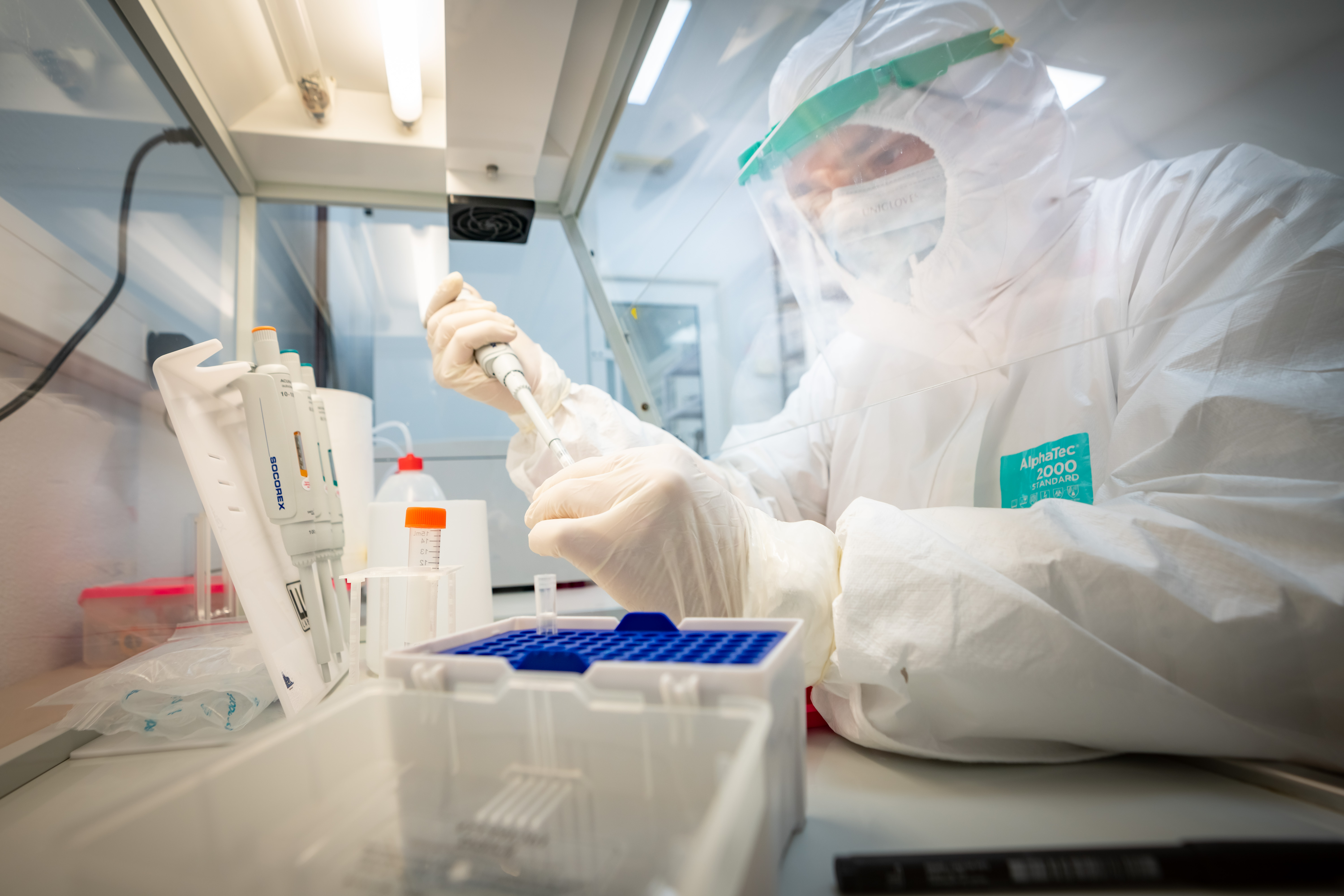
The second edition of the “Stories of the Earth” series concludes with over 1,300 attendees in on-site and online formats.
(Zaragoza. Friday, 27 June 2025.) The Instituto Universitario de Investigación en Ciencias Ambientales de Aragón (IUCA) concluded the second edition of the “Stories of the Earth” lecture series on 18 June. This science‑outreach initiative traveled across all three provinces of Aragon during the 2024–2025 academic year, aiming to bring the institute’s research closer to the […].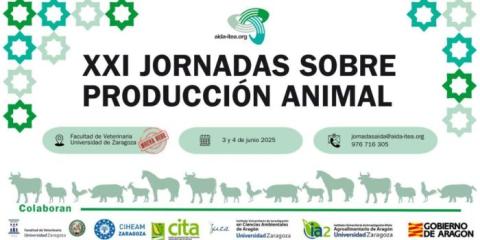
21st Animal Production Conference Reaches Record Number of Participants in Its XXI Edition
Zaragoza, June 3, 2025. This morning marks the opening of the 21st edition of the Animal Production Conference, organized by the Interprofessional Association for Agrarian Development (AIDA), taking place on June 3 and 4. This year’s venue is the Faculty of Veterinary Medicine at the University of Zaragoza, which will host over 335 registered participants, […].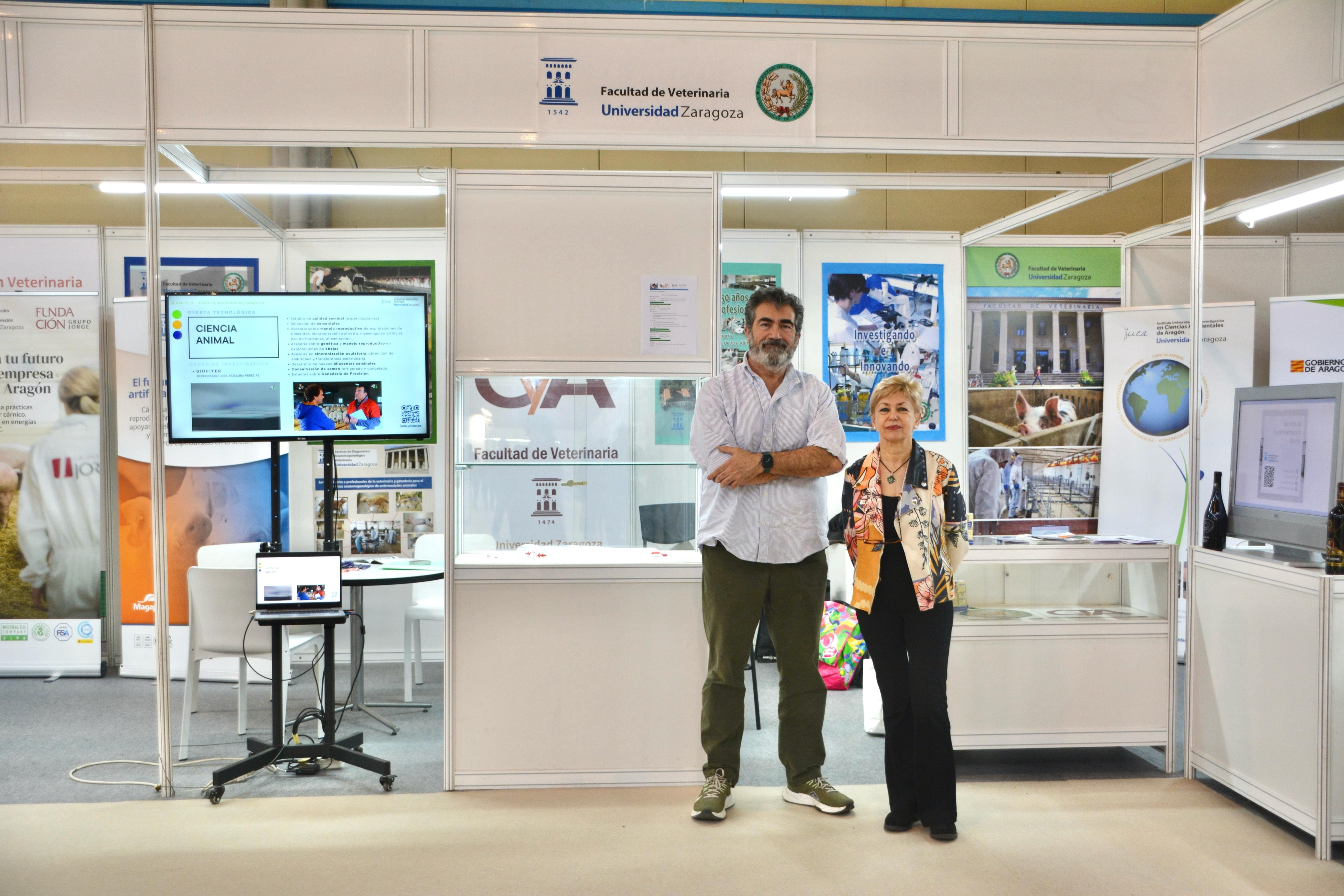
IUCA Participates in FIGAN 2025, the International Fair for Animal Production, Together with the Faculty of Veterinary Medicine
(Zaragoza, Tuesday, March 25, 2025). The Zaragoza Trade Fair is hosting the 17th edition of FIGAN, the International Fair for Animal Production, from March 25 to 28, a key event for the livestock sector in southern Europe. FIGAN has become a leading reference thanks to its focus on innovation and technology. This year, the event features […].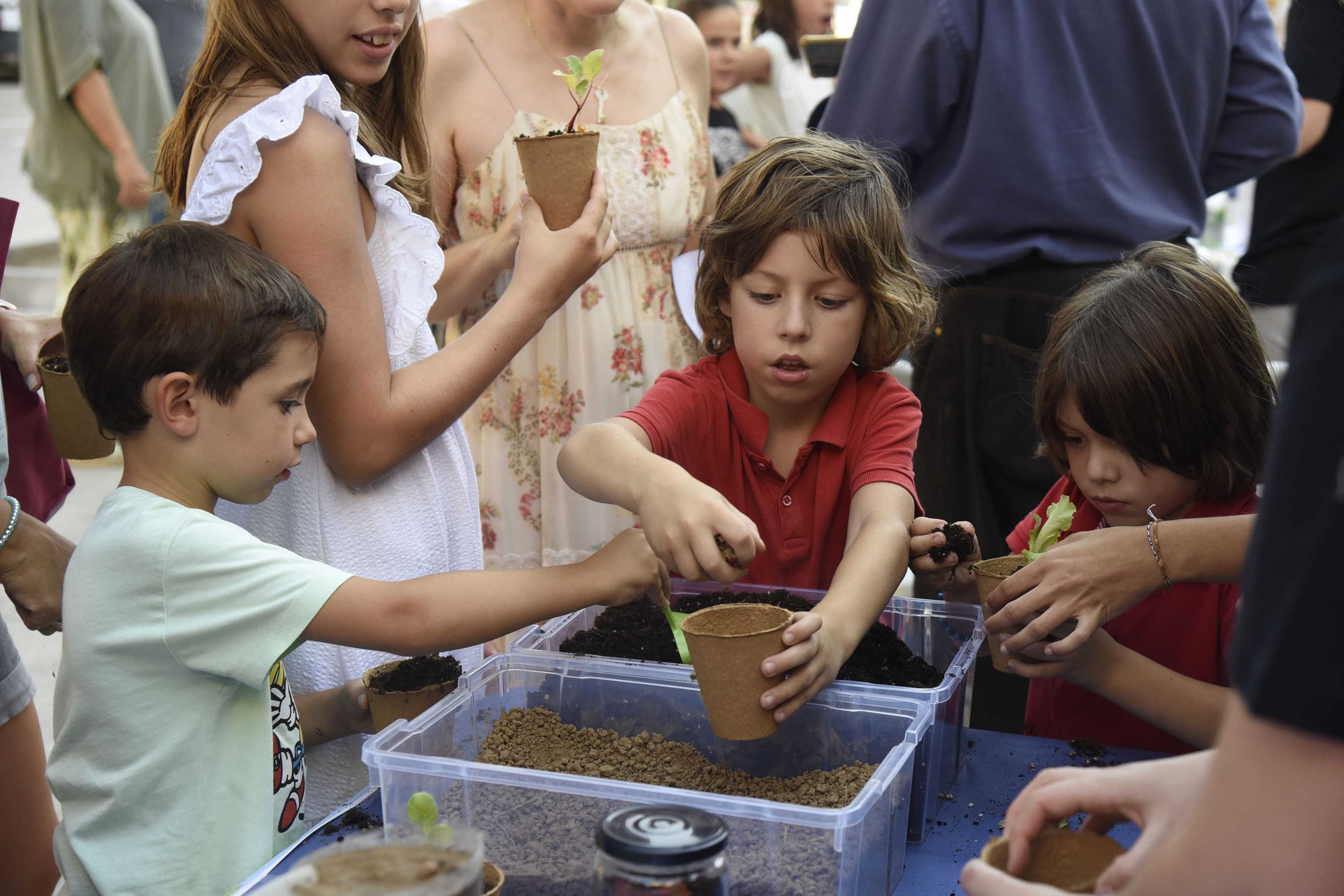
European Researchers’ night 2023
(Zaragoza. Saturday, September 30, 2023). Last Friday, September 29, 2023, the people of Aragon were able to enjoy more than 70 scientific activities at the European Night of Researchers, thanks to the collaboration of 190 researchers from the University of Zaragoza, who brought together experiments, games, talks , walks, coffees and scientific monologues in the […].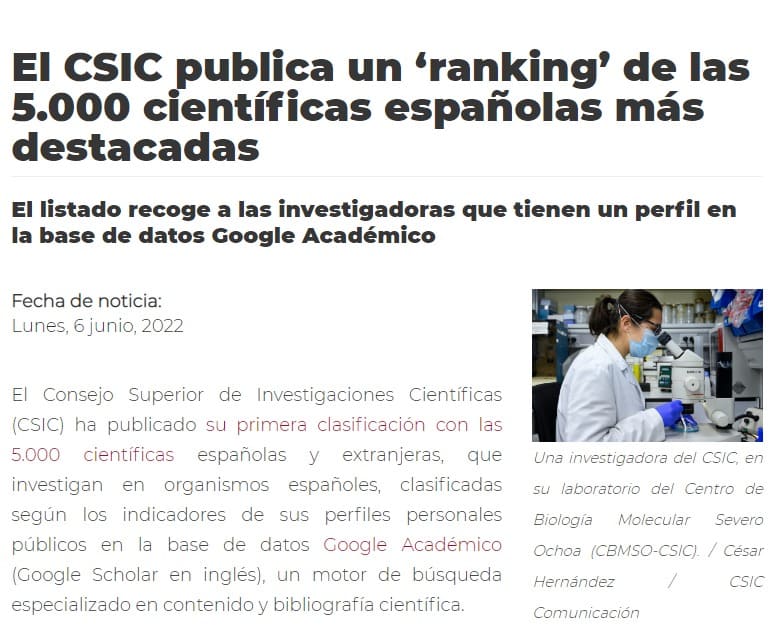
One hundred Unizar researchers, among the 5,000 most cited and best positioned Spanish scientists in Google Scholar
(Zaragoza. Friday, June 17, 2022). More than a hundred researchers from the University of Zaragoza are part of the 5,000 most cited and best positioned Spanish scientists, according to the ranking drawn up for the first time by the Higher Council for Scientific Research (CSIC) in order to increase visibility of the role of Spanish […].
| DGA GROUP REFERENCE: | A07_23R |
| YEAR OF CREATION: | 2017 |
| NUMBER OF THESES SUPERVISED (2023): | 1 |
| NUMBER OF PUBLICATIONS (2023): | 28 |
Chief Investigator:
Pilar Santolaria Blasco
psantola@unizar.es
Co-chief Investigator:
Jesús Yániz Pérez de Albéniz
jyaniz@unizar.es


